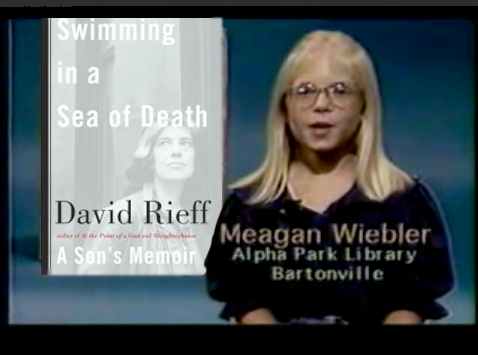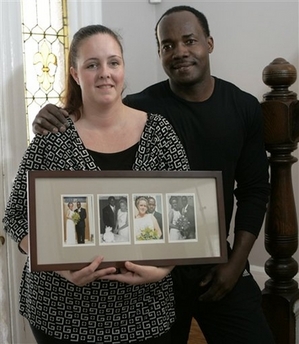
Here is an article about Duncan Watts, a sociologist of trends who asks questions like this:
…we know that Madonna became a breakout star in 1983. But if you rewound the world back to 1982, would Madonna break out again?
To answer this question, Watts conducted an elaborate science experiment that yielded this result:
Trends, it suggested, aren't merely hard to predict and engineer -- they occur essentially at random.
So basically, Watts is challenging Malcolm Gladwell's "tipping point" theory by arguing that everything is meaningless. Which, btw, is my all-time favorite debate tactic. I used it in seminar just the other day:
Liz's colleague: It seems to me that modernist narrative technique owes more to Jane Austen than it does to Henry James.
Liz: Everything is meaningless!
Debate moderator: Liz wins again.
According to Watts, the band 52metro (cool name, guys!) could have just as easily become the breakout star of 1983 instead of Madonna; or the breakout star of 1933, instead of Hitler. In other words, nobody who is famous had to have become famous: that even includes Christina Aguilera, David Hyde Pierce, and Rachel Ray. Can you imagine the world without them? IT COULD HAVE BEEN. I want to see NOVA reenact that alternate universe, because it sounds completely, inconceivably insane.
Anyway, popular culture is founded on radical contingency, pass it on.
(Oh wait, the MC already came to that realization weeks ago, and all it took was the help of a little accident called Fleetwood Mac. A fragile, beautiful little accident.)






 *
* **
**









